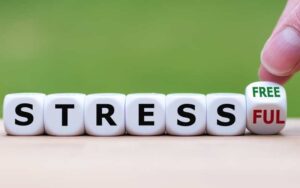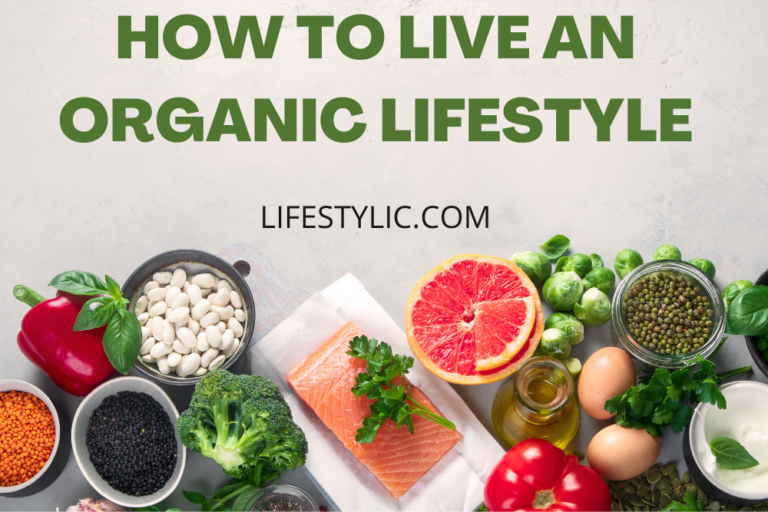What is Practical Lifestyle?
We often hear and use the word “practical” in daily conversations about healthy lifestyles, especially for those looking to lose weight or maintain their current Lifestyle. However, what does this actually mean? Is it about being able to buy the latest technology gadgets? Or is it about ensuring your family has access to food and water while traveling through different countries?
If we want to understand the true meaning of practical, let us look at its roots. When people say “I’m not into practicality,” they typically mean that they don’t like things to be too complicated. People are more likely to prefer something simpler, less complex, less expensive, and easier to use. In this content, we will learn about What is Practical Lifestyle and its benefits.
What is Practical Lifestyle?

Practicality comes from the Latin word ‘practicus,’ meaning ‘of practice.’ In other terms, it means to put theory into action. A practical person has common sense. They know how to apply the information they have learned to real-life situations. One example would be someone who learns about nutrition and uses their knowledge to make good food choices.
Another example could be someone who knows how to use safety equipment such as a helmet while riding his bike. Finally, a third example could be someone who takes their education to the real world and becomes a nurse practitioner or doctor. These examples show the idea behind being practical and putting theory into practice! If these practical is applied to our daily life to improve our living status, it becomes a practical Lifestyle.
Following are the examples of practical Lifestyle that first we will learn and then implement in our daily life to enhance our Lifestyle.
1. Food – Nutrition & Diet

Nutrition plays a significant role in our daily lives. It impacts us physically, mentally, emotionally, spiritually, and socially. Healthy nutrition and diet are the foundation for good health and wellness. We need to make sure we get enough vitamins, minerals, protein, carbs, and fat from our food intake. This happens only when we take proper knowledge and implement it in our living style.
2. Water – Hydration
Our bodies are comprised of approximately 70% water. Drinking plenty of water keeps the body hydrated and helps regulate the temperature in our cells. Properly hydrating yourself will help you decrease your chances of getting sick. When you feel thirsty, it’s time to drink some H20!
3. Sleep – Rest
Getting proper rest aids in healing and recovery. If you want to perform at your best, sleep well. Try not to stay awake late into the night studying; instead, take breaks and find ways to relax.
4. Stress-Free Environment

Life is hard enough without having to worry about stress. If
you are constantly stressed out, you risk developing health problems that can significantly negatively impact your life. Your body needs time to recover from stress and take care of itself. You should make sure that you allow your body to do this by taking care of yourself and maintaining your mental and physical well-being.
5. Personal Hygiene
Personal hygiene is a basic necessity that we often overlook, but it goes a long way toward helping us maintain our personal health. When we neglect to shower properly, wash our hair, brush our teeth, and keep ourselves clean overall, it leads to illness. This happens because germs and bacteria build up in our bodies, creating conditions for disease. A good level of personal hygiene is needed to prevent these harmful pathogens from entering your body and causing sickness.
6. Exercise and Fitness

Exercise helps increase your body’s dopamine and endorphins – feel-good chemicals that make you happy. In turn, this can help you stay calm, relaxed, focused, energetic, and full of life. Research shows that people who exercise regularly are less likely to suffer from depression, anxiety, panic disorders, social phobia, obsessive-compulsive disorder (OCD), and schizophrenia. Regular exercising has been proven to reduce stress levels and improve memory retention. However, if you do not exercise, you should try some form of physical activity at least three times per week. If you want to lose weight, try jogging, swimming, cycling, walking or tennis. These activities stimulate your mind while burning calories.
7. Eat Organic Food
Eating organic food is the first step to helping yourself and your family fight many diseases. Not only are foods grown without pesticides healthier for you, but they taste better! If you can afford it, buy locally or even from farms near your home. There are many benefits to eating organically grown food that is locally produced too!
Below are more examples of practical Lifestyle
- Learn how to survive in any situation. You should learn skills that are useful in any environment.
- Stay flexible. Keep yourself open to learning new things and making adjustments to your plans.
- Be honest and fair. Set high standards for yourself, and don’t settle for less than what you want.
- Never stop improving yourself. Constantly strive to become better at whatever you do.
- Always keep learning. Read books, magazines, and newspapers about different topics. This will help you make informed decisions and give you a competitive edge over others.
Conclusion:
The practical lifestyle is an everyday lifestyle that includes living under the laws and principles of nature and the human body. The practical lifestyle contains many aspects of our daily life. Some of them have a Healthy Diet, drink enough water, have a Proper sleep, relaxation, regular exercise, keep clean, and maintain a stress-free environment.






